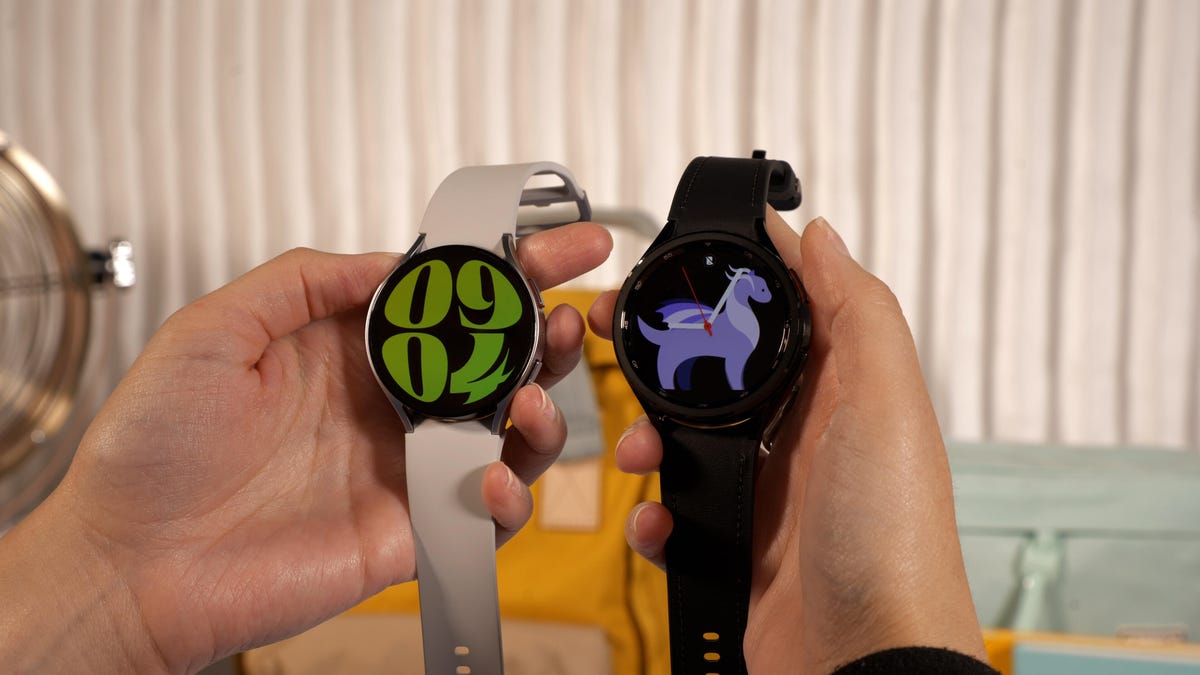
The Galaxy Watch’s sleep apnea feature has received approval from the US Food and Drug Administration, the tech giant announced on Friday, in the latest sign that sleep is a big part of Samsung’s health-tracking ambitions.
The feature, available through Samsung’s Health Monitor app, can detect potential signs of sleep apnea, which the Mayo Clinic describes as a “potentially serious sleep disorder in which breathing repeatedly stops and starts.” The announcement comes after Samsung gained approval from South Korea’s Ministry of Food and Safety for the feature last October.
Samsung says its sleep apnea detection tool is intended for those over the age of 22 who have not been diagnosed with sleep apnea. Users will have to track their sleep twice for more than four hours within a 10-day period to use the feature. Samsung’s tool is specifically meant to detect signs of moderate to severe obstructive sleep apnea, the more common form of the disorder that occurs when muscles in the throat relax and block airflow, according to the Mayo Clinic.
Samsung has been particularly focused on sleep in recent years, as evidenced by the One UI 5 Watch software update it launched last year. The new software emphasizes sleep statistics by more prominently displaying a user’s sleep score and extending sleep coaching features to the watch.
Watch this: Samsung Galaxy Ring: First Impressions
The company also announced a health tracking ring called the Galaxy Ring in January. Although Samsung hasn’t revealed many details about the Galaxy Ring, smart rings are usually ideal for sleep tracking since they’re smaller, easier to wear overnight and provide longer battery life than most smartwatches. Hon Pak, head of the digital health team for the mobile experience business at Samsung Electronics, also described sleep as one of the main four pillars in Samsung’s health strategy — along with nutrition, activity and stress.
Samsung’s announcement further shows that health tracking is the biggest area of focus for smartwatches. Companies like Samsung, Apple and Google (through Fitbit) have been gradually adding more sensors and features in recent years aimed at health and wellness, with a particular focus on sleep and mental wellbeing. The next Apple Watch is also expected to gain sleep apnea detection, along with blood-pressure monitoring features, according to Bloomberg.
